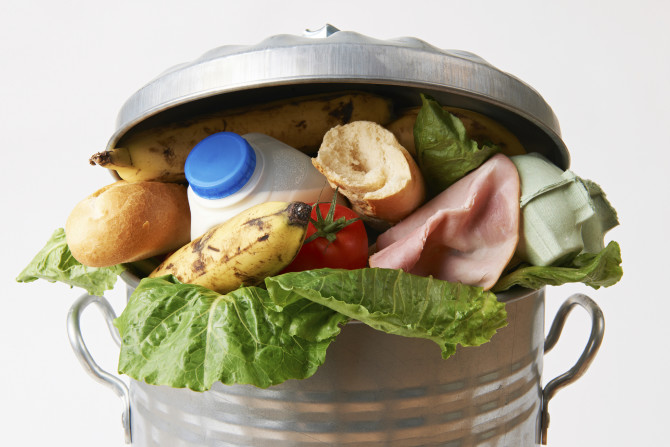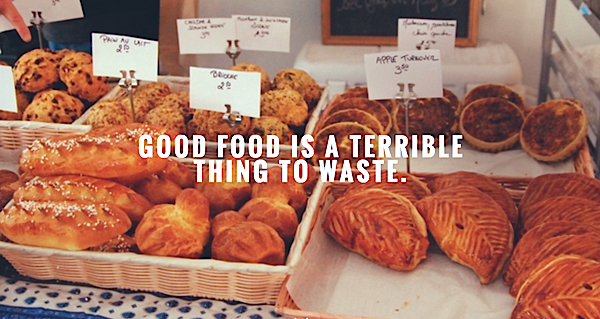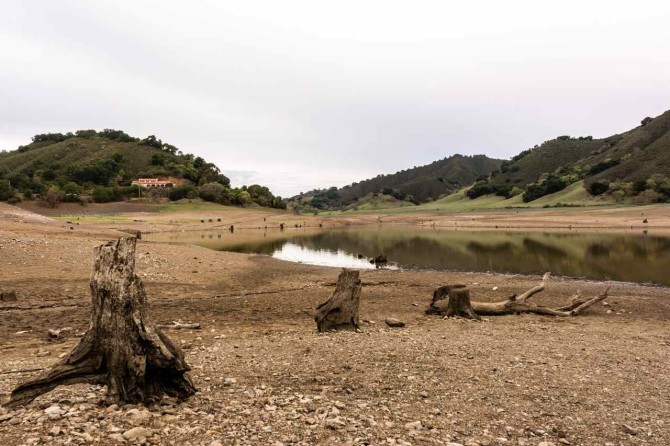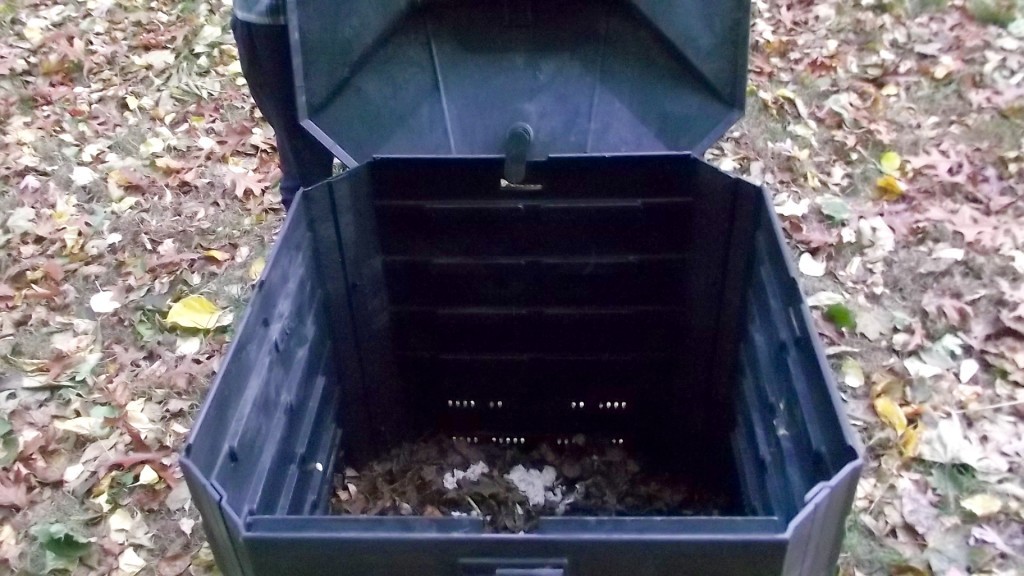Wasting food is something everyone does, but not something everyone cares about. The impact of restaurants, grocery stores, farmers, schools, and regular people throwing away food isn’t something we think about daily, but it’s a huge waste of resources and a huge contributor to climate change.
What exactly is food waste?

Photo courtesy of the US Department of Agriculture
Food waste is food that is thrown out or is uneaten. There are many different causes of food waste that happen at different stages in food production. Today in the United States, we throw away about 40 percent of our food, which is not only wasteful, but harms the environment and our food system as well. The resources used to grow our food are very limited, and by wasting food like we do, we hurt the environment more than you would think.
Why is this so bad?

Photo courtesy of foodbeast.com
Ideally, our food should go first to feeding people, then to animals, then back into the food system through composting. Finally, if there are no other options, it can be thrown away. Unfortunately, this isn’t how it happens in the U.S. and most food ends up being thrown away, becoming food waste.
When food is thrown away, you aren’t just wasting the actual food itself. You’re also wasting the water that went into growing it, the energy it took to preserve it, and many other resources that you probably don’t think or know about.
For example, growing just one head of broccoli takes 5.4 gallons of water. This water, also referred to as “embedded water” by John Mandyck, co-author of Food Foolish, is lost if the food is wasted. Freshwater is a finite resource that we cannot spare, and we are completely removing this water from the system by wasting food.
While we may not think about how important it is to preserve water, we are starting to see the effects of all this waste through events such as the prolonged drought currently happening in California.

Photo courtesy of Don Debold from flickr.com
It’s not just the environment that suffers from food waste. Over 48 million people in the United States are considered food insecure. This food could be used to feed people rather than ending up in landfills.
Food is thrown out for a variety of reasons, often not just because it is old or unsafe. Farmers and grocery stores do not even try to sell vegetables deemed “ugly,” and food is frequently pulled from shelves days before its “sell by” date. In fact, much of the food that is wasted is completely edible, and could be donated to those in need.
What can we do to reduce food waste?

Photo by Liz Green
For college students, the easiest and most realistic way to combat food waste is by composting. While it can be hard to compost in your dorm or apartment, many schools have begun to offer compost bins on campus, or locations for students to drop compost off. All you have to do is collect food scraps and bring them to your nearest composting facility.
Other ways to reduce food waste and move towards a more sustainable food system include planning meals before food shopping, finding ways to use food scraps, and being aware of the expiration dates on food you already have. Here are some more ways to reduce food waste.
Simply being conscious of the level of food waste in society is a step in the right direction that can help to reduce the amount of food thrown away. Chefs like Dan Barber have started to combat waste through events like wastED, which helps to spread awareness and create action. Working towards a waste-free society means we’ll not only appreciate environmental benefits, but also help to alleviate hunger worldwide.

